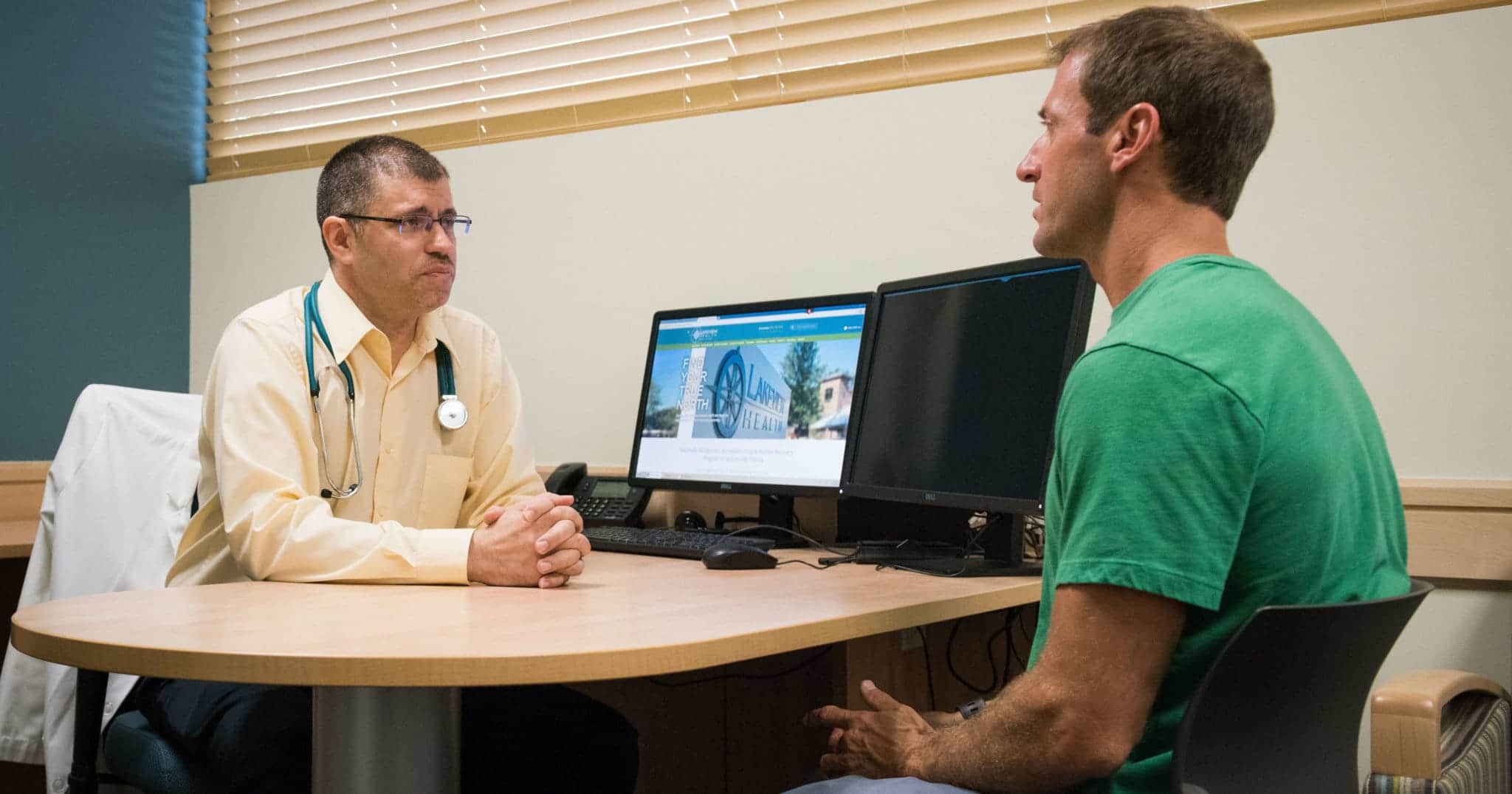

By: Lakeview Health
“The United States has a serious substance misuse problem” is the opening declaration in former Surgeon General Vivek Murthy’s report on addiction. To a large extent, the current crisis is driven by the abuse of opioid pain relievers (OPRs) and heroin. In the year 2000, 4,400 people died of an OPR overdose. By 2015, that number had reached 22,598, an increase of over 400 percent. Dr. Murthy’s report calls for comprehensive approach to fight the addiction epidemic, including improved access to evidence-based treatment services integrated with mainstream health care for those at risk for or affected by substance use disorders. At the moment, mainstream healthcare is not quite up to the job, it seems. Patients with opioid use disorders are now increasingly looking for help from generalists—such as internists and primary care physicians—in doctors’ offices and general hospitals. A new study shows that the risk of death for people with opioid use disorder in general medical care is “alarmingly high.” Ten times higher, in fact, than in the general population, adjusted for age and sex. The study, led by Yih-Ing Hser, professor of psychiatry and behavioral sciences at the David Geffen School of Medicine at UCLA, is the first to look at the mortality rate of people with opioid use disorder in a general health care system rather than those treated at specialty addiction clinics. Dr. Hser found the results “surprising because one would potentially expect better healthcare outcomes for patients being served by a large health care system.” She concluded that “late identification of opioid use disorder and lack of addiction treatment could contribute to these high rates of serious health conditions and death.” The researchers discovered that the mortality rate for opioid addicts in a general health care setting is more than two times higher than the rate reported in previous studies done in specialty addiction clinics. If addiction professionals treat opioid use disorder, the survival rate is significantly better.
“The high rates of death among patients with opioid use disorder in a general health care system reported in this study suggest we need strategies to improve detection and treatment of this disorder in primary care settings.” -Yih-Ing Hser
It also suggests that we should make it easier for people with addiction receive substance abuse treatment from addiction specialists. The UCLA researcher note that health care systems should have better infrastructure and training for primary care physicians to diagnose and treat opioid use disorder. It is the kind of infrastructure, expertise, and treatment the addiction specialists at Lakeview Health are able to provide. They have had many years of experience helping patients with substance use disorders. The multidisciplinary treatment is tailored to the specific needs of each individual, and therapists look at all biopsychosocial aspects of addiction to give patients a solid set of recovery tools for their journey to sobriety.





